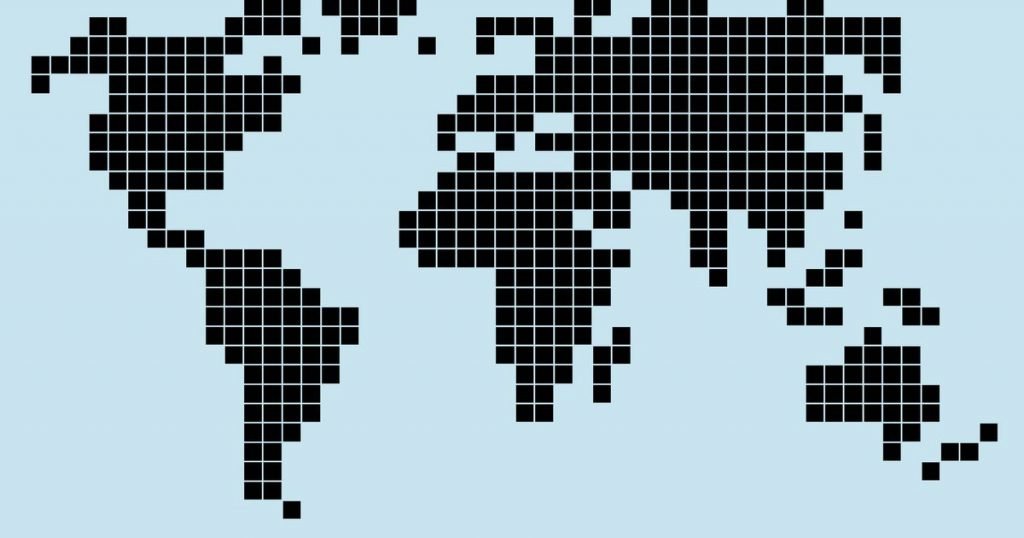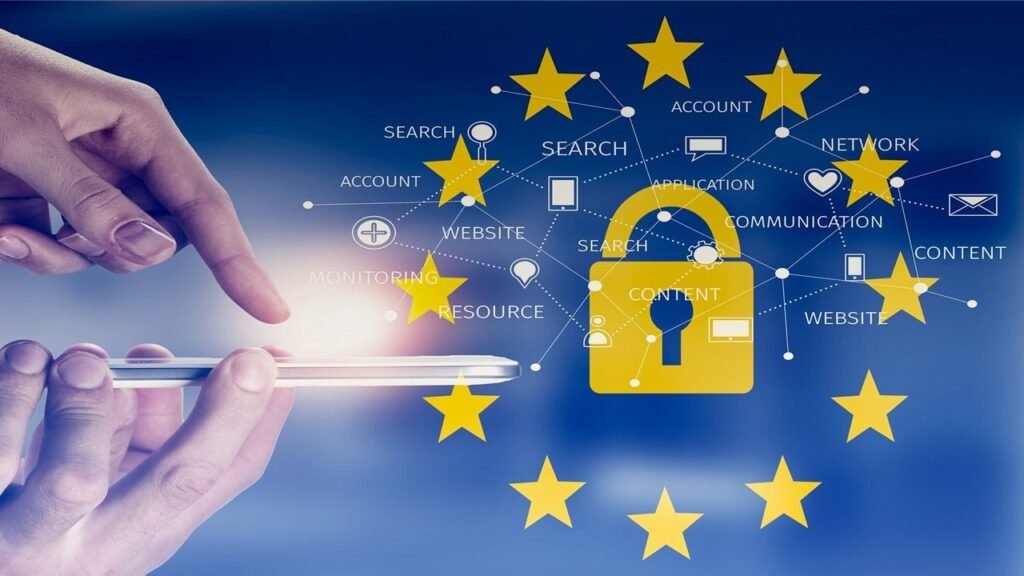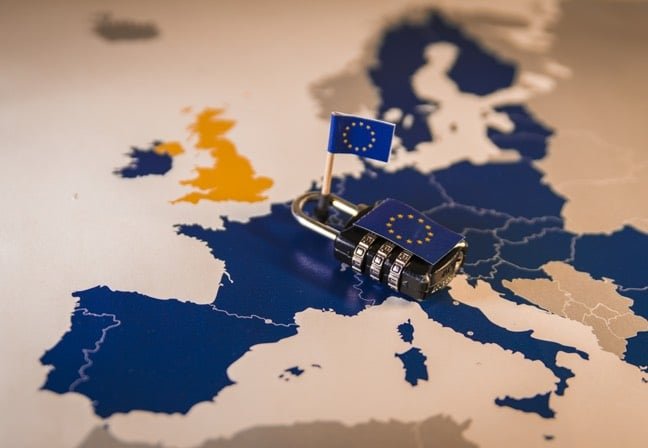GDPR transformed the internet in 2018, and it’s not done yet

Time seems to work differently when you spend your days online. The memes, moments, and scandals that feel like ages ago are often really only months, weeks, or even days in the past — and what was once unthinkable quickly transforms into how it’s always been.
The General Data Protection Regulation, known as GDPR, only went into effect on May 25 of 2018, but by now the regulation has reached so far into the everyday life of the internet that it’s becoming harder to imagine a time before. Things online are changing as a result of GDPR, even if you have to to remind yourself of that fact, and as we move toward closing out 2018 it’s important to take a moment to explore just what those changes are — and the battle that’s still to come.
SEE ALSO: Why you should care about GDPR, even if you don’t live in Europe
For starters, it’s worth noting what GDPR even is.
According to the European Commission, GDPR is “one set of data protection rules for all companies operating in the EU, wherever they are based.” The end result of this, we are told, is that “people have more control over their personal data,” and “businesses benefit from a level playing field.”
Sounds good, right? For the average internet user, that very much appears to be so. For example, GDPR dictates that companies must notify their users of data breaches that could affect said users. With huge breaches seemingly happening all the time, this requirement is vital when it comes to ensuring that people are aware
Be the first to write a comment.


